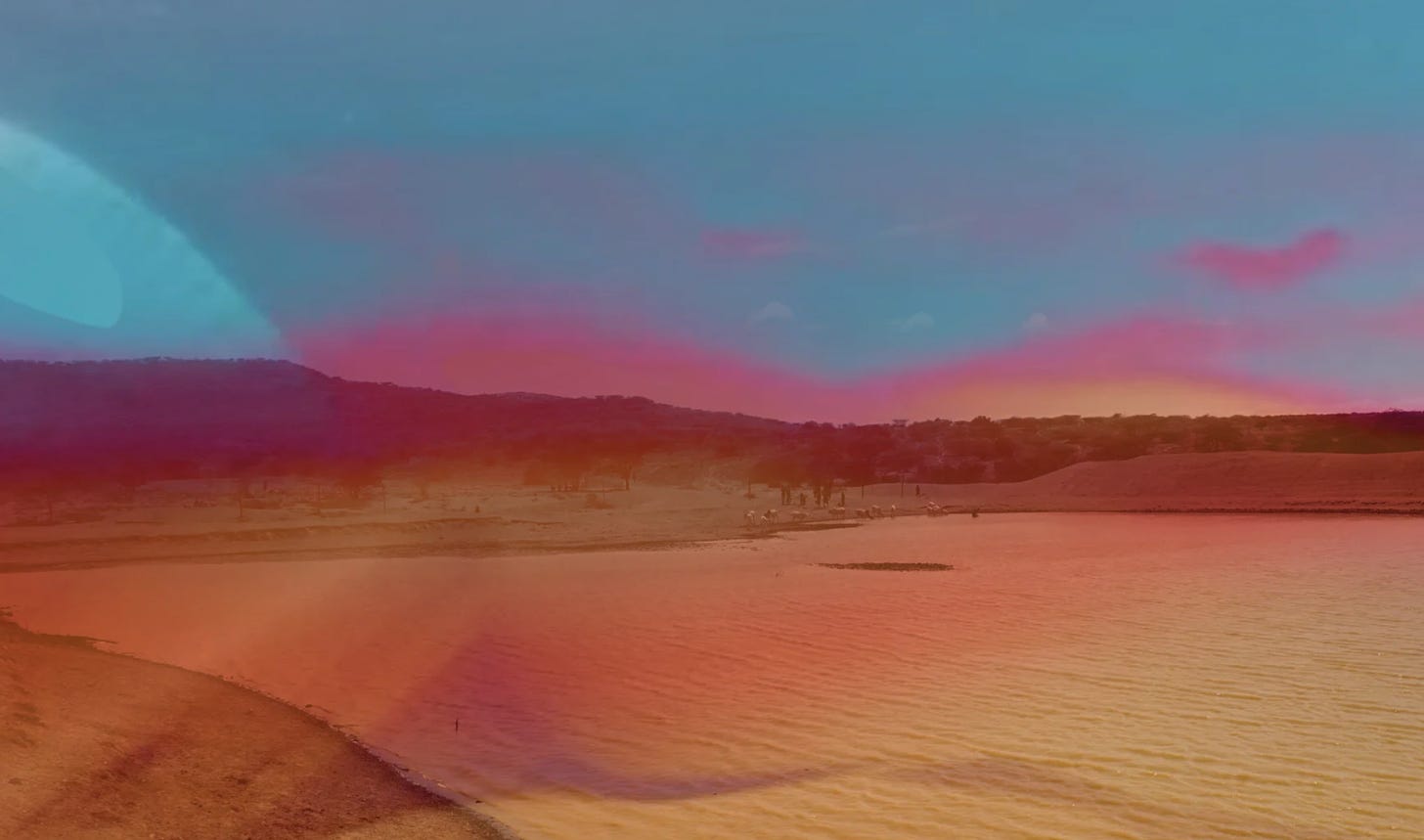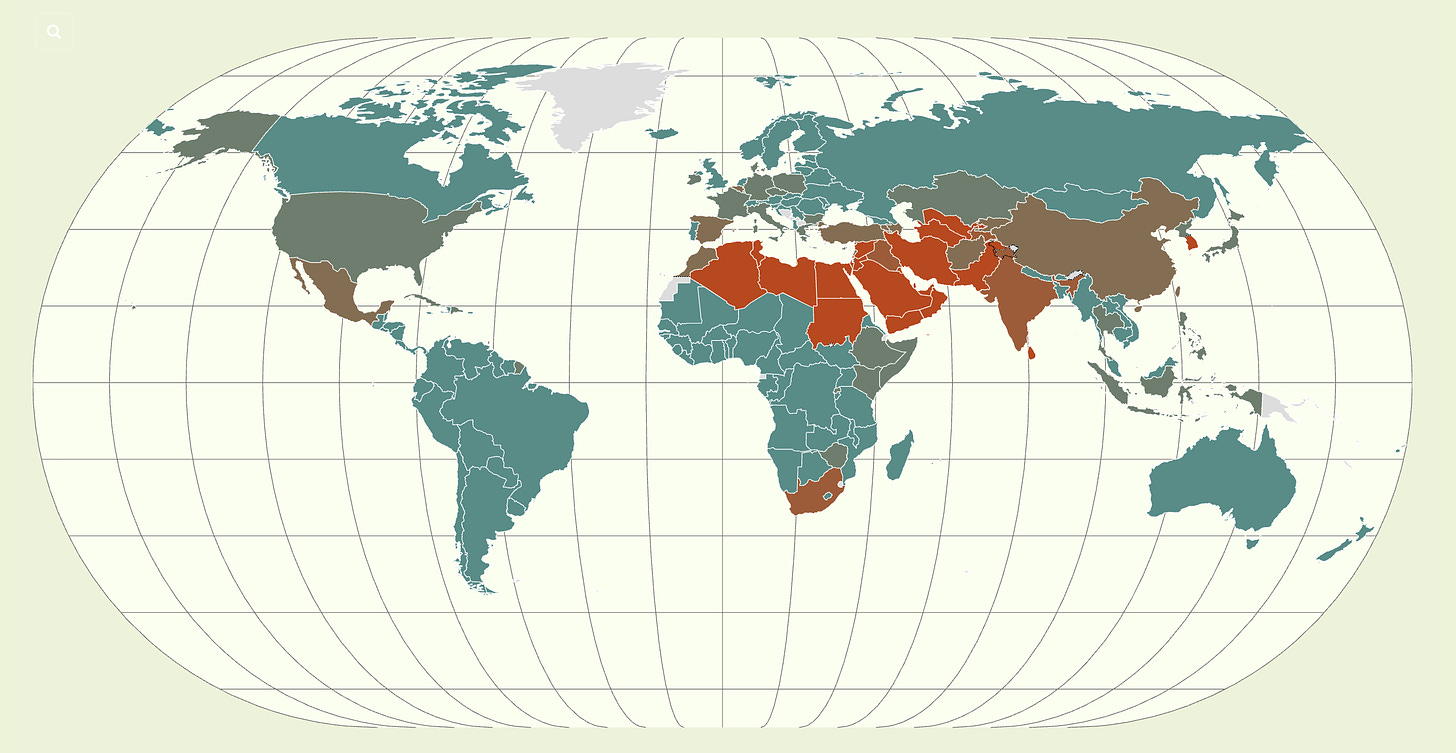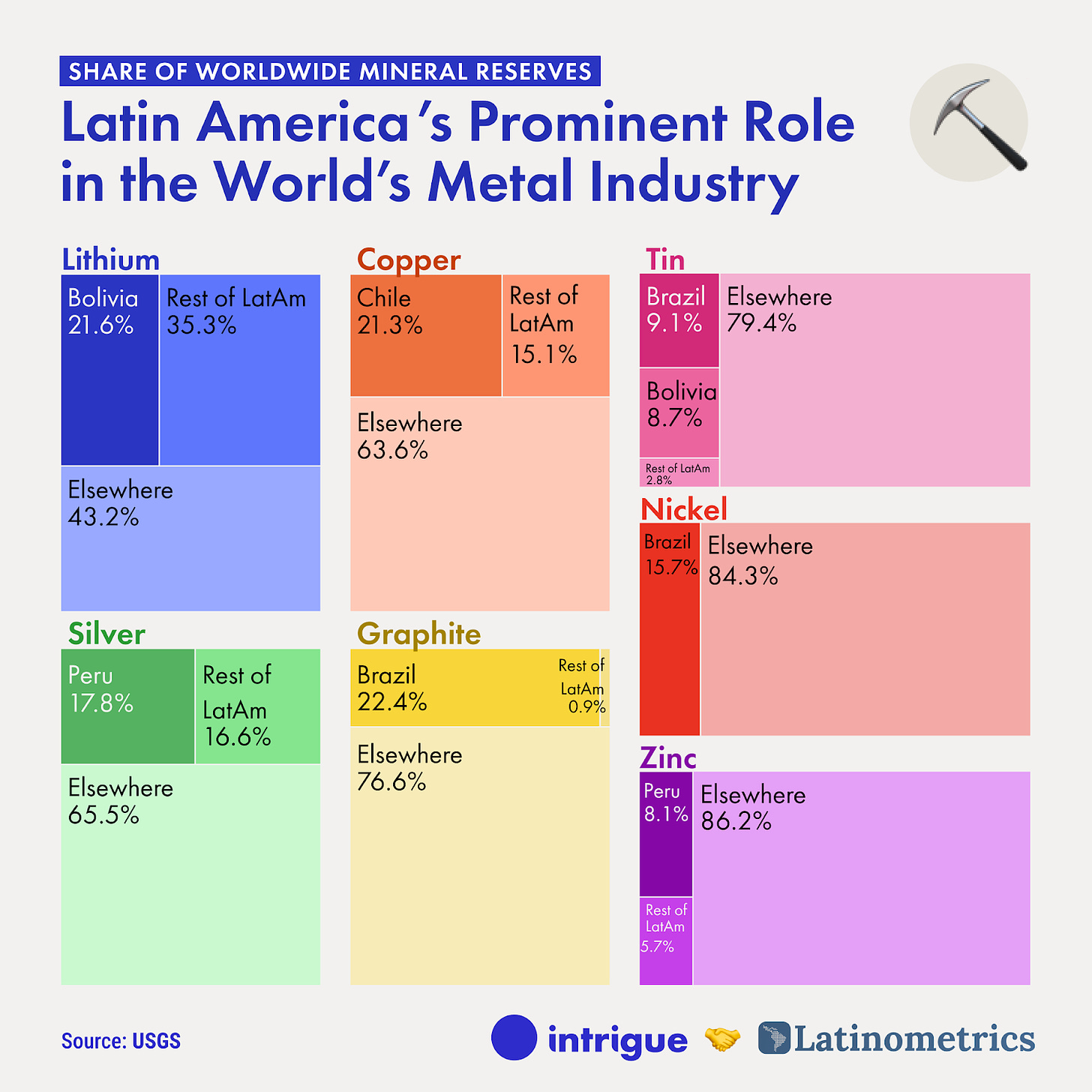The State of Water
A few years ago, I watched a remarkable documentary on Netflix about the world’s water supply, Brave Blue World. It was sponsored by water.org, Matt Damon’s organization. I see they are coming out with a new film in 2024. I won’t miss it; it was that good!
What I remember from the earlier film was that there are innovative solutions being implemented all around the world, at small scales, and that water problems generally are social and economic (maybe infrastructural) more than technological.
We have the technology to solve water problems. But will we use it?
Today’s Semafor Flagship newsletter links to a recent report from CSIS (Center for Strategic and International Studies) on the state of the world’s water security, entitled Troubling Waters: Understanding Water Security (csis.org). It’s one of those highly graphic “just the facts” type reports useful(?) for educating the public or highly placed but non-expert decisionmakers or politicians. Maybe because CSIS is an organization designed to worry about global security, it paints a picture of doom.
From the CSIS study:
Of the estimated 1.39 billion cubic kilometers of water on the earth, approximately 97 percent is found in the oceans. Just 3 percent of the earth's water is freshwater, but most of that is unavailable—either locked up in glaciers, polar ice caps, the atmosphere, and soil; too highly polluted; or located where is it not practically or economically feasible to access. That leaves about one half of 1 percent of the earth's water remaining as freshwater that is available for human use.
That is, 100% - 97% ocean - 2.95% unavailable fresh water = 0.05% available fresh water.
As of 2020, global water stress is significant across north Africa and the Middle East.
It would be interesting to correlate water stress with political strife worldwide. Anybody know anything about that?
Here in New Mexico, fresh water for household use is at a premium. I’m not talking agricultural or industrial use. I’m talking household use: drinking water, for cooking, cleaning, toilets, showers. The well on our property ran dry long before we purchased it in 2020, and we pay for “water haul,” meaning we have a 3000 gallon tank sitting in our front yard, and water is delivered via a small tanker truck every six weeks. In response to this shortage, we have totally renovated our water-use habits to be extremely frugal, and we monitor water availability (tank level) and depletion closely.
It’s impossible to appreciate the scarcity of a resource until it becomes scarce for you personally. Adapting to scarcity is a critical life skill for every human in the Anthropocene. May you never be forced to cope! But at the same time, I can’t help but think everyone needs to learn how.
Farmers in Protest
News from the continent regularly features ongoing strikes by farmers these days. What gives?
As with access to clean water, which most of us in the developed world take for granted, we also tend to take for granted access to basic agricultural produce and foodstuffs, whether from local dairies, meat producers, produce farms, or grain-growers. Tropical fruits coming from the opposite side of the world we can probably live without, if necessary.
I’ve been familiar for a long time with farm subsidies here in the US. (I grew up in rural Michigan in the midst of dairy farms — and autoworkers.) Small family farms vs large scale industrial farming is a known issue. Mid- to long-term time scales affecting farmers — seasonal, annual crop rotations and uncontrollable weather — make it a huge challenge for farmers to adapt quickly to agricultural commodity market fluctuations. A good level of insurance, economic buffers, technology assistance, stockpiling, and other aid makes sense to me, assuming it’s done above board. But in the long run, even agricultural economies have to be flexible, just like all other economies, and government interference beyond what is reasonable ill-serves the industry, the people, and the farmers.
That said, in the European case there is far more going on. I had no idea. Yanis Varoufakis, Greek economist and former finance minister, an intelligent, articulate, tell-it-like-it-is firebrand on the left, offers a unique perspective on the farmers’ crisis in Europe: The EU cartel was designed to crush farmers - UnHerd. There are few theoretically and historically grounded left-aligned economists in the world. Yanis is one of them and well worth listening to.
(UnHerd is a UK-based alternative media outlet, right-leaning. Varoufakis at UnHerd makes for a lively combo. I love this kind of juxtaposition and cross-pollination.)
Latin American Minerals
A couple weeks ago, I shared some info on mining. Here’s a follow up, from International Intrigue, one of my favorite newsletters.
🌍 LATAM's mining riches (internationalintrigue.io)
I’m puzzling over what to make of this chart. What do you do with big numbers in absolute terms (on the scale of a single country), but small(ish) percentages in relative terms (to the global total)? There’s a lot of “elsewhere” in this chart. Nevertheless, the point is the importance of the rapidly escalating global minerals economy to Latin America.
I recommend International Intrigue for daily international news. It’s free, short, cheeky, and informative, written by experienced diplomat insiders. I read it every day in my inbox. Subscribe here: link.






